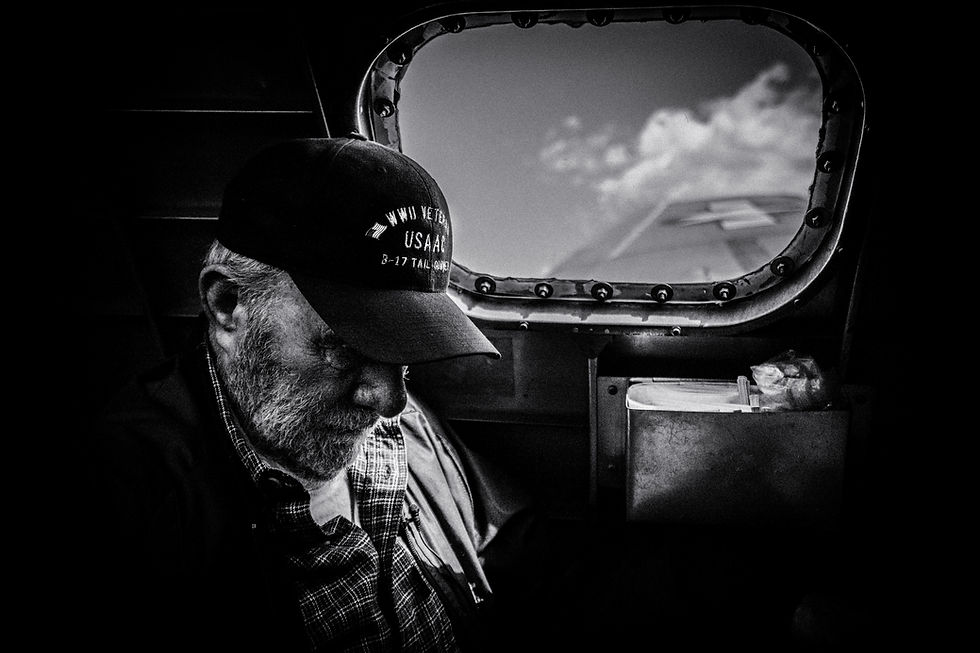What We Do: A Few WHC Strategies for Fighting for Veteran Families
- tim48475
- Jul 8, 2024
- 3 min read
Updated: Jul 8, 2024

The transition from military to civilian life presents numerous challenges for veterans and their families. Adapting to new environments, building new social networks, and finding purpose in civilian life can often be daunting tasks. However, Warrior Healing Center employs several strategies and programs that communities can implement to support veterans during this pivotal time and afterward. This article delves into various initiatives at WHC that can aid veterans in building stronger community connections, enhancing their integration, and improving their overall quality of life--and preventing veteran suicide. Encouraging social activities is a fundamental step towards fostering relationships among veterans and their families. Organized events offer informal settings for veterans to interact and form bonds. Additionally, activities can provide therapeutic benefits, helping veterans relax and unwind while enjoying the camaraderie of fellow service members and their families.
Educational programs tailored for veterans can play a significant role in their reintegration into civilian life. These programs can cover a wide range of topics, including financial literacy, career development, and personal growth. By providing veterans with the knowledge and skills necessary for successful civilian life, such programs enhance personal identity and pupose, enabling veterans to become active and engaged community members. Furthermore, educational programs can also include sessions on suicide threat awareness, helping veterans identify and address psychological challenges they may face as well as the coping skills they need to address them.
Forming strong partnerships between veteran organizations and local community groups is essential for creating a seamless integration process. These collaborations can lead to the establishment of employment training programs, educational workshops, and recreational activities specifically designed for veterans. By pooling resources and expertise, these partnerships can offer veterans a comprehensive support system that addresses their diverse needs, facilitating their transition into civilian life. WHC uses the "Basic Ops" electronic veteran system along with the "RONA" follow-up and outreach program to integrate both internal and external resources to veteran family needs.
Support groups provide veterans with a platform to share their experiences, challenges, and coping strategies. These groups can be invaluable in helping veterans navigate the emotional and psychological aspects of reintegration. Whether facilitated by mental health professionals (VA Vet Center) or led by veterans themselves (WHC groups), support groups offer a sense of community and understanding. Discussions can range from dealing with post-traumatic stress disorder (PTSD) and anxiety to handling everyday stressors, equipping veterans with the tools they need to cope effectively.
Engaging in community service allows veterans to find purpose and make meaningful contributions to society. Volunteering in various capacities at WHC and beyond helps veterans utilize their skills and experiences for the greater good. Such initiatives not only benefit the community but also provide veterans with a sense of accomplishment and fulfillment, reinforcing their identity, purpose, character and self-worth.
Active participation in community activities can significantly enhance veterans' well-being. Participating in neighborhood events can help veterans build new social networks and feel more connected to their surroundings. WHC helps create and support events and opportunities where veterans feel welcomed and valued can foster a sense of belonging and community, which is crucial for their personal and emotional health. WHC strives to create inclusive environments that celebrate the contributions of veterans and recognize their unique experiences--which is ultimately a big benefit for veteran families.
Fighting for veterans is a collective responsibility. By implementing social activities, educational programs, partnerships, support groups, community service, and fostering community connections, WHC provides veterans with the tools and opportunities they need to thrive. It is essential to create an environment where veterans feel supported, valued, and capable of leading fulfilling lives. As a community, recognizing and addressing the unique challenges faced by veterans is vital in ensuring their successful integration and overall well-being.




Comments